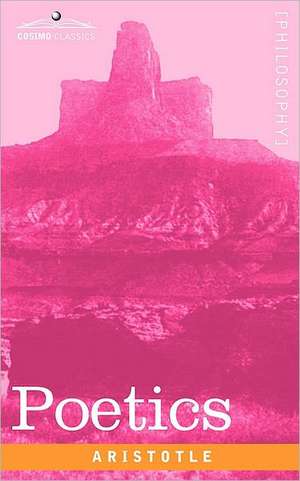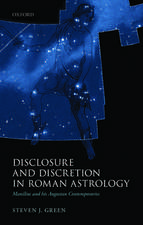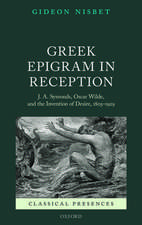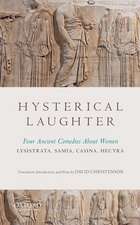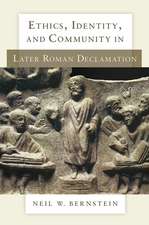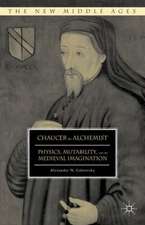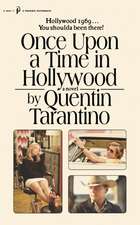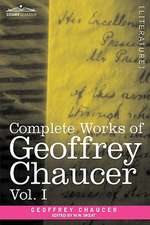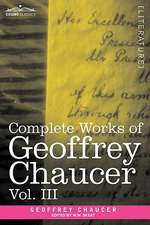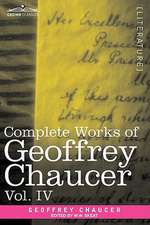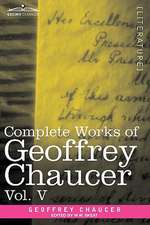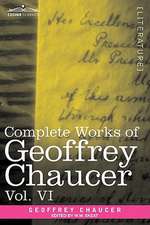Poetics
Autor Aristotleen Limba Engleză Paperback – 30 oct 2008
| Toate formatele și edițiile | Preț | Express |
|---|---|---|
| Paperback (11) | 34.82 lei 3-5 săpt. | |
| – | 34.82 lei 3-5 săpt. | |
| CREATESPACE – | 38.43 lei 3-5 săpt. | |
| CREATESPACE – | 45.82 lei 3-5 săpt. | |
| Penguin Books – 25 sep 1996 | 51.36 lei 24-30 zile | +16.06 lei 4-10 zile |
| CREATESPACE – | 62.50 lei 3-5 săpt. | |
| Prometheus Books – 31 oct 1992 | 66.05 lei 3-5 săpt. | |
| Hackett Publishing Company – aug 2006 | 91.22 lei 3-5 săpt. | +13.20 lei 4-10 zile |
| Hackett Publishing Company – 15 dec 1987 | 121.68 lei 3-5 săpt. | +24.33 lei 4-10 zile |
| CreateSpace Independent Publishing Platform – 8 dec 2015 | 58.11 lei 6-8 săpt. | |
| COSIMO CLASSICS – 30 oct 2008 | 74.27 lei 6-8 săpt. | |
| Book Jungle – 3 iul 2008 | 75.17 lei 6-8 săpt. | |
| Hardback (1) | 328.85 lei 3-5 săpt. | |
| Hackett Publishing Company – 15 dec 1987 | 328.85 lei 3-5 săpt. |
Preț: 74.27 lei
Nou
Puncte Express: 111
Preț estimativ în valută:
14.22€ • 15.45$ • 11.95£
14.22€ • 15.45$ • 11.95£
Carte tipărită la comandă
Livrare economică 21 aprilie-05 mai
Preluare comenzi: 021 569.72.76
Specificații
ISBN-13: 9781605203553
ISBN-10: 1605203556
Pagini: 68
Dimensiuni: 127 x 203 x 4 mm
Greutate: 0.08 kg
Editura: COSIMO CLASSICS
Locul publicării:United States
ISBN-10: 1605203556
Pagini: 68
Dimensiuni: 127 x 203 x 4 mm
Greutate: 0.08 kg
Editura: COSIMO CLASSICS
Locul publicării:United States
Notă biografică
Aristotle was a Greek philosopher and polymath during the Classical period in Ancient Greece. For twenty years he studied at Athens at the Academy of Plato, on whose death in 347 he left, and some time later became tutor to Alexander the Great. On Alexander's succession to the throne of Macedonia in 336, Aristotle returned to Athens and established his school and research institute, the Lyceum. After Alexander's death he was driven out of Athens and fled to Chalcis in Euboea where he died in 322. His writings profoundly affected the whole course of ancient and medieval philosophy.
From his lessons, the West acquired its scholarly vocabulary, just as issues and strategies for request. Accordingly, his way of thinking has applied an exceptional effect on pretty much every type of information in the West and it keeps on being a subject of contemporary philosophical conversation.
Cuprins
Translated with an Introduction and Notes by Malcolm Heath
Introduction
1. Human culture, poetry and the Poetics
2. Imitation
3. Aristotle's history of poetry
4. The analysis of tragedy
5. Plot: the basics
6. Reversal and recognition
7. The best kinds of tragic plot
8. The pleasures of tragedy
9. The other parts of tragedy
10. Tragedy: miscellaneous aspects
11. Epic
12. Comedy
13. Further reading
14. Reference conventions
Notes to the Introduction
Synopsis of the Poetics
POETICS
Notes to the translation
Textul de pe ultima copertă
Aristotle's Poetics is one of the most powerful, perceptive and influential works of criticism in Western literary history. A penetrating, near-contemporary account of Greek tragedy, it demonstrates how the elements of plot, character and spectacle combine to produce 'pity and fear' - and why we derive pleasure from this apparently painful process. It introduces the crucial concepts of mimesis ('imitation'), hamartia ('error') and katharsis, which have informed serious thinking about drama ever since. It examines the mythological heroes, idealized yet true to life, whom Aeschylus, Sophocles and Euripides brought on to the stage. And it explains how the most effective plays rely on complication and resolution, recognitions and reversals. Essential reading for all students of Greek literature and of the many Renaissance and post-Renaissance writers who consciously adopted Aristotle as a model, the Poetics is equally stimulating for anyone interested in theatre today.
Recenzii
"I find the Introduction extremely convincing, lucid, learned, fair to past scholarship, and truly illuminating about the meaning of tragedy in general and about the very specific acceptions of hamartia, katharsis, ekplxis, and thauma, in the context of an appropriate understanding of the Poetics. Another remarkable feature is the dexterity and ease with which it draws on all the relevant parts of the Aristotelian corpus to shed light on troublesome textual passages in the Poetics. Finally, the style of the Introduction is straightforward, free of unnecessary jargon, direct, and economical, the best interpretation of the Poetics I ever read." -- Sabetai Unguru, Tel Aviv University
"The translations of Joe Sachs are a great gift to Greekless amateurs like me. He uses simple, unambiguous words joined into sentences that are often complex, as they must be to be accurate, but always clear (after sufficient attention has been paid). A stylist may find some awkwardness in the hyphenated compound words and the noun clauses he prefers to the polysyllabic Latinate words often found in English versions of Aristotle. But these blunt locutions along with Sachs' excellent notes manage to convey both the richness of meaning and the clarity of thought of their Greek antecedents. The resulting translation may strike some as awkward in style, but it will strike the careful reader who cares about what is translated as elegant (in the way mathematicians use that word)." -- Jerry L Thompson, Author, "Truth & Photography"
"The translations of Joe Sachs are a great gift to Greekless amateurs like me. He uses simple, unambiguous words joined into sentences that are often complex, as they must be to be accurate, but always clear (after sufficient attention has been paid). A stylist may find some awkwardness in the hyphenated compound words and the noun clauses he prefers to the polysyllabic Latinate words often found in English versions of Aristotle. But these blunt locutions along with Sachs' excellent notes manage to convey both the richness of meaning and the clarity of thought of their Greek antecedents. The resulting translation may strike some as awkward in style, but it will strike the careful reader who cares about what is translated as elegant (in the way mathematicians use that word)." -- Jerry L Thompson, Author, "Truth & Photography"
